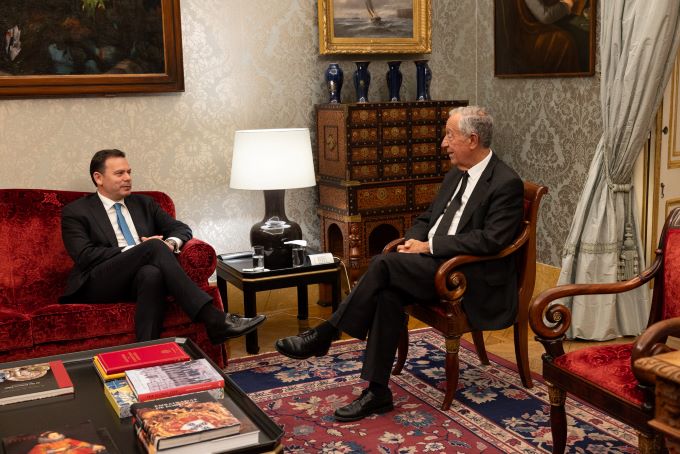Luis Montenegro, aged 51, leader of Portugal’s Social Democratic Party (PSD) and Democratic Alliance (AD), has been named the country’s new prime minister by President Marcelo Rebelo de Sousa. The AD won a slim majority in the parliamentary elections on March 10, but not enough to govern alone. Montenegro has stated that his party will not form a broad coalition with the far-right party, Chega. The center-left Socialist Party placed second with 78 seats and has no objections to the Democratic Alliance forming a minority government in the upcoming parliamentary vote. The Office of the President of Portugal released a statement today announcing the nomination of the XXIV Constitutional Government. The final official results will be certified on Friday, and the parties have 48 hours to present any legal challenges to the outcome as per the law.
A weak government?
The government of Montenegro is set to take office on April 2. After taking office, it will present its policy proposals to the Parliament, where other parties can bring a vote of no confidence. If the vote of no confidence is successful, another party leader will be invited to try to form a new government, or the country will move towards new elections. However, the AD government will have to depend on piecemeal deals with Chega or the left-wing parties in Parliament to pass legislation, making it potentially unstable. The AD won 80 seats in the 230-seat legislature, followed by the Socialists at 78 seats and Chega at 50.
Analysts predict that the AD government will be allowed to take over, but the 2025 budget will be its first test of survival towards the end of this year. If the budget is rejected, it could lead to another election. On Tuesday, Socialist leader Pedro Nuno Santos said his party considers it “practically impossible” to support AD’s 2025 budget. However, the Socialist leader said his party is open to negotiating measures to help the healthcare, education, and security sectors.
The far-right threat
The far-right Chega (Enough) party has gained significant political power in Portugal, winning 50 seats in the latest election, up from 12 in 2022 and one in 2019. It is the first time since the fall of Portugal’s fascist dictatorship 50 years ago that a far-right party has gained such representation. Chega’s leader, former TV sports commentator André Ventura, has threatened to vote against a bill and stated that the current government would be responsible for any political instability if it ignored Chega’s demands. Ventura sought cooperation with the Social Democrats by granting it seats in the Cabinet or through a parliamentary alliance. Chega belongs to the far-right of Matteo Salvini’s League party in Italy, Marine Le Pen’s National Rally (RN) party in France, and Herbert Kickl’s Freedom Party of Austria (FPÖ).
In his effort to secure his party’s participation in a coalition government, Ventura has shown some support for specific initiatives proposed by the current government, such as higher wages and benefits for healthcare workers, police, and teachers, as well as lower income taxes. He has also stated that he is willing to drop some of his party’s most controversial proposals, such as chemical castration for some sex offenders and the introduction of life prison sentences.
However, the incoming prime minister has ruled out any deal with the far right. While political circumstances could force the minority government to seek support, the European elections in June will provide further insight into the Chega party’s rise.
Moreover, there is a positive sign concerning the availability of conservative parties to enter a coalition with the far right. The Chega’s rejection in Portugal follows a similar rejection in the Netherlands a week ago. There, liberal and conservative parties denied any cooperation with the far-right leader Geert Wilders.

